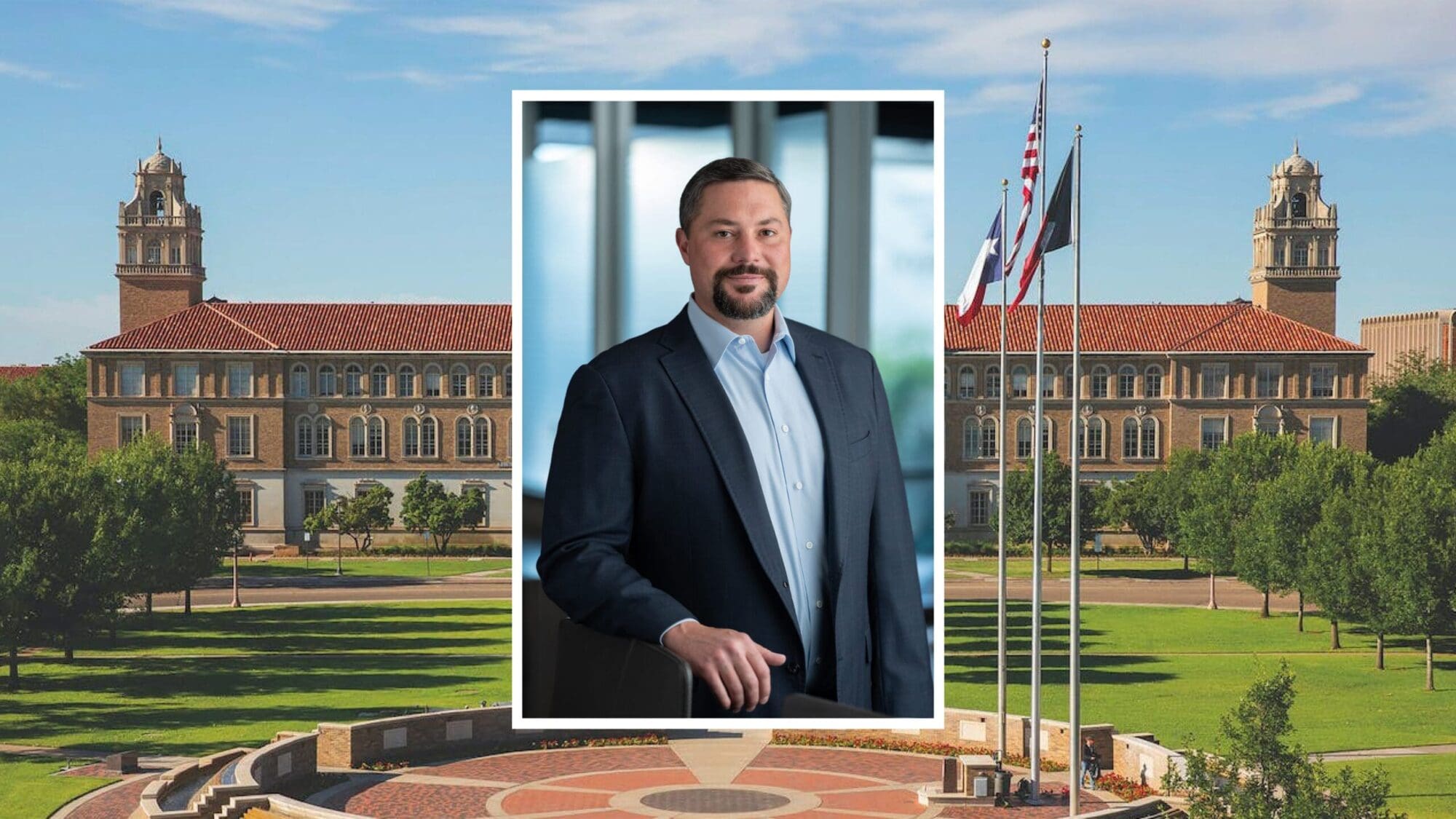Texas A&M President Mark Welsh has elevated an academic who “initiated” the failed 2023 hiring of a DEI advocate to develop a program focused on cultivating future civic leaders.
The project will be “faculty-driven,” putting it in the hands of a body that has defended and advanced LGBT ideology. One project component involves reviewing and updating Texas A&M University’s institutional learning outcomes.
Welsh recently hosted a podcast to promote a new “citizenship and service” endeavor, claiming its objective is to produce “great citizens.”
Welsh appointed retired Brig. Gen. Kim Field, director of strategic initiatives in the president’s office, to lead the effort. Field said the program is designed to engage students in four core areas: character development, knowledge acquisition, skill-building, and civic involvement.
Welsh also assigned Professor Hart Blanton, who runs the Texas A&M (TAMU) Communication & Journalism department, to oversee a faculty task force to help develop the project.
Blanton was at the epicenter of a major 2023 controversy in Aggieland.
Blanton “initiated” and oversaw the failed hiring of Kathleen McElroy to run TAMU’s journalism program.
McElroy has an extensive record of promoting divisive racial ideologies and other fringe beliefs. A public outcry ensued once this history was exposed.
TAMU subsequently changed its job offer to a one-year deal as a professor without tenure and a three-year appointment as the director of the journalism program, emphasizing that McElroy could be terminated at any time.
She ultimately rejected the job offer. TAMU paid her $1 million.
Following an onslaught of negative publicity, Blanton defended the proposed hire. He claimed the public was “misled” about McElroy, and that she was subjected to higher scrutiny, not because of her DEI track record, but because of her race.
Now, President Welsh has elevated Blanton to help develop TAMU’s “citizenship and service” program.
At the April 14 meeting of the Texas A&M Faculty Senate, Blanton revealed more details about the project.
He framed it as a “president-initiated, faculty-led process.” He further explained that one of the program’s aims is to help students “understand diverse perspectives,” and develop a proposal “to guide the educational mission of Texas A&M.”
Blanton stated that one of the tasks with which Welsh charged his faculty committee was to re-examine “the institutional learning objectives outcomes of Texas A&M University.”
The draft developed by Blanton’s task force will be submitted to the faculty senate’s academic affairs committee in the fall of 2025. Then the full faculty senate would vote on whether or not to recommend it to Welsh. Blanton said that tentatively, this program is being considered to be titled as a “degree charter for undergraduates.”
“President Welsh has posed an important question about the future of education at Texas A&M. He has entrusted the faculty with leading the answer,” Blanton stated.
Texas A&M’s faculty has come under scrutiny of late for teaching multiple woke classes, the latest being a Queer Theory class offered this spring.
The faculty senate has shown a similar attitude.
In November 2024, the Texas A&M University System Board of Regents ended the university’s LGBTQ minor. Faculty senate members expressed defiance afterwards and countered by proposing to add an LGBT class to the university’s core curriculum.
While President Welsh vetoed the proposal in February, his recent elevation of Blanton appears to be an attempt to appease the faculty senate.
Faculty senates are a part of the philosophy of “shared governance,” in which boards of regents share power with faculty, who elect a faculty senate that’s unaccountable to Texans.
In Texas, boards of regents have authority over universities and are thus responsible for their direction and actions. Regents are accountable to Texans through the governor and state senators, who appoint and confirm them, respectively.
While Texas A&M has a reputation of being a conservative institution that is supposed to be different than other universities, “shared governance” is a policy even at the liberal State University of New York.
Blanton defended the faculty during his April 14 address.
“Our faculty have consistently acted in good faith with integrity and professionalism to uphold our academic mission,” he said. “This faculty-led review of our degree charter reflects that ongoing commitment. It also affirms the productive and principled partnership between the faculty senate and President Welsh.”
A faculty senate member asked Blanton what effect a proposal in the Texas Legislature to reform “shared governance” (Senate Bill 37) would have on Welsh’s project.
“We’re going to have to see what Senate Bill 37 says and what constraints it places on us,” Blanton replied.
Neither Texas A&M nor its parent body, the Texas A&M University System, replied to a request for comment.





